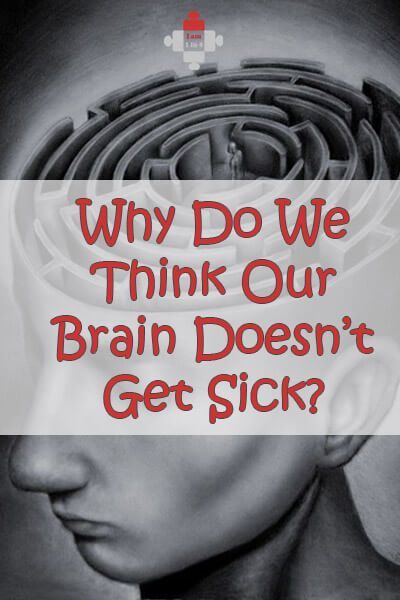314 Sick Leave Benefits & Mental health
Based on research by Soddard-Dare, P., DeRigne, L., Collins, C. C., Quinn, L. M., & Fuller, K. (2018). written by Bethany Wellman, M.S.
Are “benefits” to the worker, like paid sick leave, really beneficial?
Researchers utilized the National Health Interview Survey Data to examine the relationship between paid sick leave and psychological distress. Among 18,000 employed adults, 60% had paid sick leave, 83% health insurance. Psychological distress was evaluated by a survey measuring mental health symptoms and their impact. In their analysis, they controlled for factors such as income, demographics, family factors and health insurance that may impact the outcomes of the study.
Results indicated that workers who lack paid sick leave benefits report significantly more psychological distress and are 1.5 times more likely to report having their feelings interfere significantly in their life and activities. Thus, their distress likely impacts their work environment, relationships, and productivity. Paid sick leave is less available for those who are younger, less educated, and with lower incomes, so these individuals are more at risk of for psychological distress and its negative impacts.
Paid sick leave promotes behavioral health. Therefore, to adequately care for employees, paid time off is essential to their health and wellbeing. What makes happier employees, is cost effective and benefits employers too.
Reference:
Soddard-Dare, P., DeRigne, L., Collins, C. C., Quinn, L. M., & Fuller, K. (2018). Paid Sick Leave and Psychological Distress: An Analysis of U.S. Workers. American Journal of Orthopsychiatry, 88(1), 1-9.





